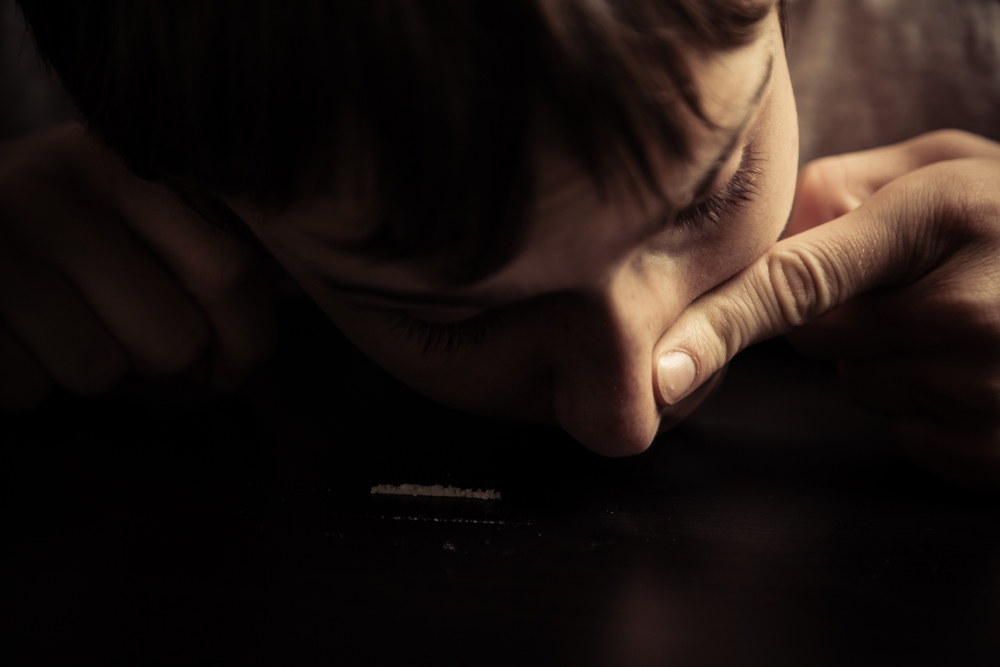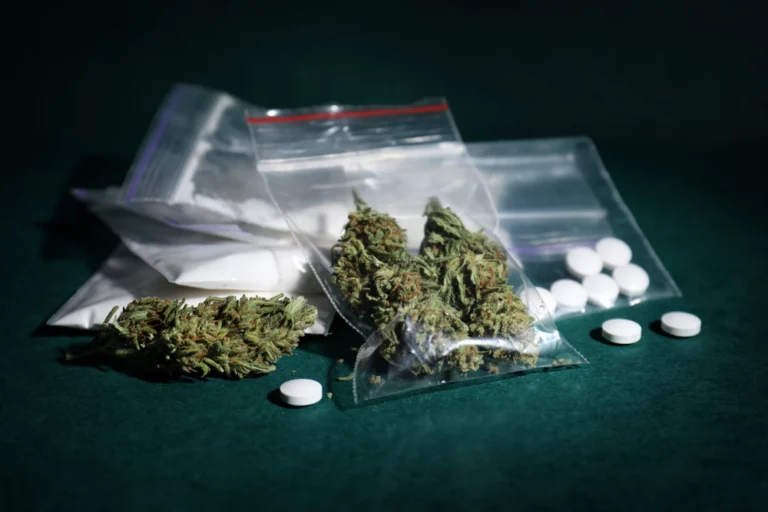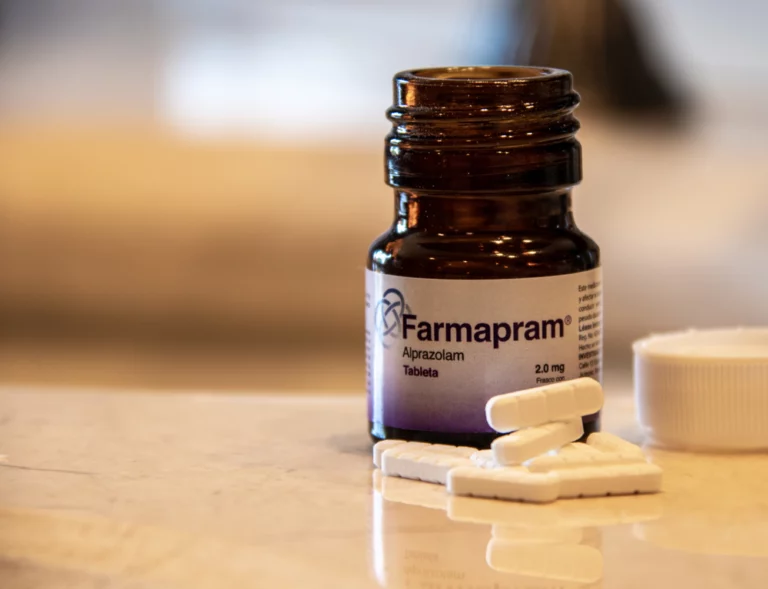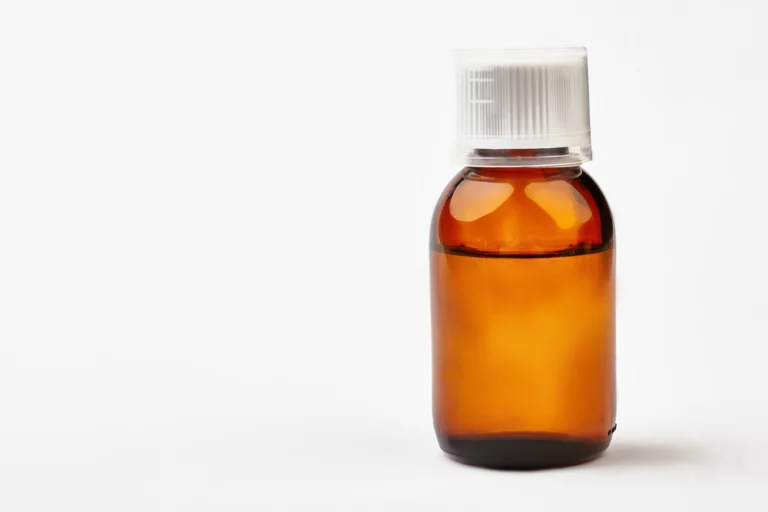Can You Snort Heroin? 5 Long-term Side Effects
If you want to know if you can snort heroin, this is the article for you. Snorting heroin can have severe consequences on the organs, tissue, and nervous systems in and around the most predominant part of your body: the face. While all methods of heroin use have guaranteed negative consequences, this article specifically focuses on the dangers of snorting, also known as insufflation.

What Is Heroin?
Heroin is an addictive, potent, and fast-acting opiate derived from morphine, a principal component of the opium poppy. Heroin is usually found and illegally sold as a white or off-white powder, but its appearance can vary based on how pure it is.
Most of the heroin sold on the East Coast of the U.S. is Columbian-sourced powder heroin (PH), while the West Coast encounters mainly Mexican-sourced “black tar” heroin” which is sticky and hard to the touch like tar. Research found that powder heroin was associated with higher risks of overdose, and black tar heroin was associated with higher rates of injection-related skin and soft tissue infections (SSTIs).
The U.S. Department of Justice reported that inexperienced young adults will snort or smoke heroin in the beginning to avoid the social stigma toward injection drug use. They might also falsely believe snorting heroin won’t cause their body to develop an addiction. Unfortunately, trying heroin one or two times, especially as a young adult or teen with a developing mind, can be enough to convince an emotionally vulnerable person that heroin is a healthy coping mechanism, even if it’s temporary. This can eventually lead to a opioid use disorder and requires addiction treatment and detox.
Read more: Frankenstein Opioids: Ingredients, Dangers, & More

Can You Snort Heroin?
Yes, it’s possible to snort heroin in its powdered form. Even if it’s not pure enough to snort and has chunky solid pieces, some individuals will liquefy and shoot it into their noses with a syringe. When heroin is snorted, it’s absorbed into the bloodstream using the five main nasal blood vessels:
- Posterior ethmoidal artery: Supplies blood to the posterior ethmoidal cells and parts of the nasal septum and lateral nasal wall.
- Anterior ethmoidal artery: Provides blood to the anterior ethmoidal cells, the frontal sinus, and the superior part of the nasal septum.
- Greater palatine artery: Supplies blood to the hard palate, palatal gingiva, and the mucous membrane of the roof of the mouth.
- Sphenopalatine artery: Nourishes the nasal cavity, paranasal sinuses, and septum.
- Septal branch of the superior labial artery: Supplies blood to the nasal septum and the anterior nasal septal cartilage.
Snorting heroin produces a longer-lasting but less intense high than other methods, with its effects peaking between five and 30 minutes after ingestion. Some commonly experienced effects of snorting heroin include:
- Euphoric “rush”
- Pain relief
- Skin flushing
- Drowsiness
- Sedation
- Trouble staying alert
- Itchiness
- Fatigue
- Heaviness in the arms and legs
- Confusion
- disorientation
- Slowed breathing and heart rate
What’s The Difference Between Injecting & Snorting Heroin?
The difference between injecting and snorting heroin is how and where it’s administered.
- Injection: Heroin is typically injected into a vein (intravenous), into a muscle (intramuscular), or under the skin (subcutaneous). Heroin users will switch between discrete sites on their bodies, starting with their forearms. However, repeatedly using the same injection site can lead to scarring, inflammation, collapsed veins, lesions, bruising, and infections. When an injection site becomes too damaged or difficult to use, people will move to the neck, groin, hands, feet, and face. Eventually, heroin users will try to hide these injection sites with long sleeves, pants, extra clothes, or bandages.
- Snorting: When it comes to snorting heroin, users only have one ingestion site, and that can be hard to conceal. Heroin is absorbed into the bloodstream using the mucosa, a delicate tissue filled with tiny blood vessels lining the inside of the nose. Normally, the mucosa protects our nasal cavity from foreign particles, such as dust and pollen, and captures them in its sticky mucus. Additionally, its lubrication protects the lining of your nose from accidental scratches and coarse particles. However, heroin’s toxins and texture can severely irritate and damage this delicate defense system.

5 Long-Term Effects of Snorting Heroin
Here are just five long-term effects of snorting heroin.
- Inflammation of the mucous membranes: Also known as Mucositis, snorting heroin can cause the mucosa, the protective mucous membrane that lines your gastrointestinal tract, to inflame. It’s usually a common side effect of chemotherapy and radiation therapy but can also be caused by snorting coarse powders. Mucositis can leave organs and systems in your body, from your mouth to your intestines, vulnerable to infections and diseases.
- Nasal septum perforation: Snorting heroin can cause a hole to grow in the septum, the bone and cartilage in the middle of the nose. These nasal cavities humidify and warm the air you breathe, protecting your lungs from airborne particles and other debris. A hole connecting these pathways can lead to nasal obstruction, whistling, epistaxis (nosebleeds), crusting, pain, foul smells (dirt and skin can build up in this hole), and rhinorrhea (runny nose).
- Chronic sinus infections: Sinus infections, also called sinusitis, can lead to facial pain, mainly in the back of the eyes, ears, and forehead. This can also lead to constant itching, distorted sense of smell, and, in some rare cases, chronic invasive fungal sinusitis (CIFS). This rare but infectious disease usually occurs in immunocompromised hosts, but one study reported a case of CIFS occurring in a healthy young adult who was snorting illicit substances. In this case, the individual required surgical debridement (removal of dead tissue) and extended intravenous (IV) antifungal therapy.
- Nasal tissue scarring: Snorting heroin can damage the sensitive tissue inside the nose. However, when two scars begin to heal, they can separate the nostrils and the inferior turbinate (wavy structures inside the nose filled with rich groups of blood vessels). These scars, also called adhesions, can make breathing difficult and usually require minor surgery to remove.
- Loss of smell: Snorting heroin can potentially lead to partial (hyposmia) or complete (anosmia) loss of smell and can be temporary or permanent. Without smell, our taste buds can struggle to detect flavors independently, leading to a loss of interest in food. Studies have also found that heroin users consumed quick, convenient, cheap, and sweet foods, ate infrequently, and had little interest in food. A heroin user with a loss of smell combined with a lack of appetite can lead to weight loss and malnutrition. Read more: Heroin & Weight Loss: Does Heroin Make You Skinny?
Heroin Addiction Treatment In Asheville, NC
If you or someone you know is snorting heroin, contact Oasis Recovery Center in Asheville, North Carolina. Our heroin addiction treatment center is the perfect place to overcome debilitating substance use disorders and underlying mental health issues. If you or a loved one needs help detoxing from heroin, our partner facility, Asheville Detox Center, can help you through uncomfortable and potentially dangerous withdrawal symptoms under the guidance and supervision of highly-trained detox specialists. Call today, and one of our admissions agents can help you get started.









